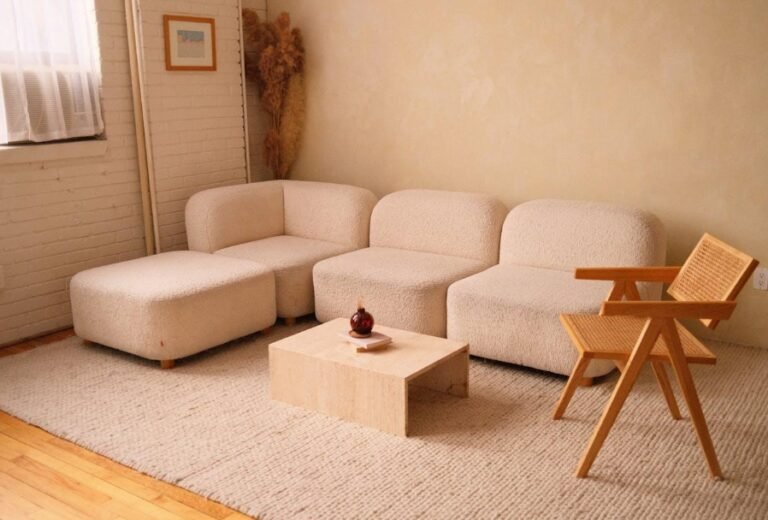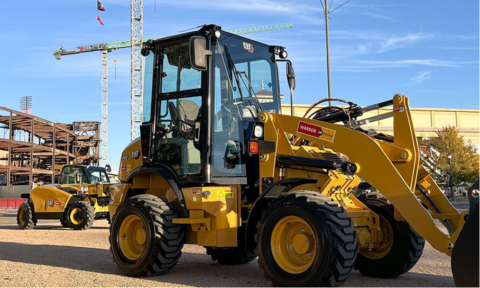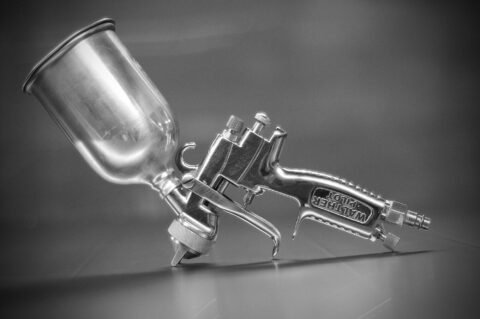Are you feeling overwhelmed by the clutter in your home or the busyness of life? Many people are turning to minimalism as a solution to reduce stress and focus on what truly matters. Minimalism isn’t just about getting rid of things; it’s about creating more space in your life—both physically and mentally. By focusing on the essentials and eliminating distractions, you can live more intentionally and with greater purpose.
In Havelock, North Carolina, where people enjoy a slower pace of life and natural surroundings, adopting a minimalist lifestyle can be particularly rewarding. It allows residents to enjoy their environment without feeling weighed down by unnecessary material items. Whether you’re simplifying your home, your schedule, or your overall mindset, minimalism can help you find clarity and focus in a world filled with distractions.
In this blog, we will share how to adopt a minimalist lifestyle, offering practical steps for beginners looking to create a simpler, more intentional life.
Start with Decluttering
The first step in adopting a minimalist lifestyle is to start decluttering. Decluttering isn’t just about getting rid of things; it’s about being mindful of what you keep. Begin by going room by room, taking inventory of your belongings, and deciding what you truly need and use.
A helpful strategy is to ask yourself whether an item adds value to your life. If it doesn’t, it’s probably time to let it go. For those items you’re unsure about, consider putting them in storage for a while. You can look up reliable Havelock NC storage units to find a safe place to keep your belongings until you’re ready to decide if they fit into your minimalist lifestyle. This gives you time to adjust to living with less while keeping options open for sentimental or seasonal items.
Simplify Your Home
Once you’ve decluttered, it’s time to simplify the way your home is organized. Minimalist homes focus on keeping only the essentials. This doesn’t mean you have to get rid of everything, but it’s about creating a space that feels open, functional, and calming.
Start by removing excess furniture, clearing surfaces, and choosing simple, multi-functional decor. By reducing visual clutter, your home will feel more spacious and inviting. Organize your storage areas so that everything has its place, and you’re not constantly searching for items in a sea of clutter. A simplified home is easier to maintain and brings a sense of order to your daily life.
Practice Mindful Consumption
Minimalism isn’t just about decluttering—it’s about being mindful of what you bring into your life moving forward. Once you’ve simplified your home, the next step is to adopt mindful consumption habits. Before making a new purchase, ask yourself whether the item truly adds value or if it’s something you could live without.
Practicing mindful consumption helps prevent clutter from accumulating again and keeps you focused on the essentials. Many minimalists choose to buy fewer, higher-quality items that last longer rather than constantly buying new things. This approach not only helps keep your home clutter-free but also leads to more thoughtful, intentional spending habits.
Digital Minimalism
Minimalism isn’t just about physical belongings—it also applies to your digital life. Digital clutter can be just as overwhelming as physical clutter, especially with the constant influx of emails, notifications, and apps. Start by decluttering your devices. Delete any unused apps, old files, or unnecessary downloads. Organize your files and photos into folders and back up what you need.
Being mindful of your digital consumption is also key. Limit your screen time and be intentional about the websites, apps, and platforms you engage with. Consider reducing the number of notifications you receive and unsubscribe from newsletters or email lists that no longer serve you. A clean digital space will help you focus better and feel less overwhelmed.
Simplify Your Schedule
Minimalism isn’t limited to your home and digital spaces; it extends to how you manage your time. Many people lead busy lives, filled with endless commitments that can leave little room for relaxation or self-care. Simplifying your schedule involves cutting back on activities that don’t add value to your life or align with your priorities.
Start by identifying the most important tasks or activities in your day-to-day life. Reduce commitments that don’t align with your goals or bring you fulfillment. This might mean saying “no” to extra projects, social engagements, or tasks that drain your energy. By simplifying your schedule, you’ll have more time for the things that matter most.
Benefits of a Minimalist Lifestyle
There are many reasons why people are drawn to minimalism. One of the most significant benefits is the reduction of stress. When your home is cluttered, it’s easy to feel overwhelmed by the things you own. By decluttering and simplifying, you create an environment that feels calmer and more peaceful.
Minimalism can also save you money. When you’re not constantly buying new things or holding onto items you no longer need, you’ll notice that your spending habits change. Many people who adopt a minimalist lifestyle find that they’re more financially secure because they’re not wasting money on unnecessary purchases.
Another benefit is the ability to focus on what truly matters. Minimalism allows you to dedicate more time to the people, experiences, and activities that bring you joy. Whether it’s spending time with loved ones, pursuing hobbies, or simply relaxing, minimalism gives you the freedom to make choices that align with your values.
In short, minimalism isn’t just about owning less; it’s about creating space for what truly matters. The process of simplifying your life allows you to reevaluate your priorities, shifting focus from material possessions to meaningful experiences and personal growth. Minimalism challenges the idea that more is better and encourages us to find contentment with less.
In a world that often values accumulation, minimalism asks an important question: What do we really need to live a fulfilling life? As you consider adopting this lifestyle, think not only about what you’ll let go of but also about what you’ll gain—more time, clarity, and a deeper connection to the things that bring lasting value.
Passionate content writer and savvy blog publisher, Aamir crafts compelling stories and insightful articles that captivate and inform. With a knack for blending creativity and strategy, they bring fresh perspectives to every piece. Dive into their world of words and discover content that resonates.





